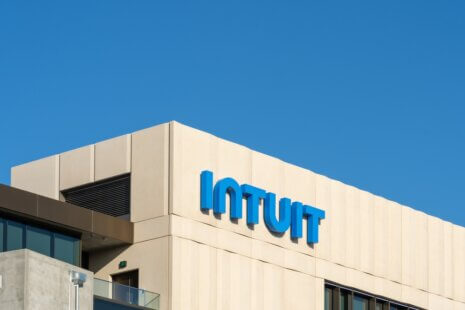QuickBooks Online and QuickBooks Desktop are two distinct versions of QuickBooks, each designed to cater to different user preferences and needs. These differences arise from various factors, including the platform, architecture, and target audience.
Here are some key reasons why QuickBooks Online is different from QuickBooks Desktop:
- Platform:
- QuickBooks Online: It is a cloud-based accounting software accessible via a web browser. This means you can access your data from anywhere with an internet connection, and updates and data are stored in the cloud.
- QuickBooks Desktop: It is a locally installed software application, which means you must install it on a specific computer. Data is stored locally on that computer or on a network server.
- Accessibility:
- QuickBooks Online: You can access QuickBooks Online from various devices, including PCs, Macs, tablets, and smartphones. This flexibility suits businesses with remote workers or those on the go.
- QuickBooks Desktop: It is limited to the device on which it is installed. Accessing data remotely can be more challenging and may require additional setup.
- Real-Time Collaboration:
- QuickBooks Online: It allows for real-time collaboration among multiple users with access to the same data. This feature is useful for businesses with multiple team members.
- QuickBooks Desktop: Collaboration typically involves sharing backups of company files, which can be less efficient for concurrent access.
- Updates and Maintenance:
- QuickBooks Online: Updates and maintenance are handled by Intuit, and users always have access to the latest version without manual updates.
- QuickBooks Desktop: Users are responsible for installing updates and managing backups. Staying current with the latest version requires manual effort.
- Cost Structure:
- QuickBooks Online: It operates on a subscription-based model, where users pay a monthly or annual fee. This includes ongoing software updates and support.
- QuickBooks Desktop: Users pay for a one-time license or annual subscription, but additional fees may apply for support and upgrades.
- Features and Add-Ons:
- QuickBooks Online: It may have some features and add-ons that are unique to the cloud platform, such as automatic data syncing with bank accounts and third-party app integrations.
- QuickBooks Desktop: It may offer certain features and add-ons that cater to specific industries, such as job costing and inventory management.
- Scalability:
- QuickBooks Online: It is generally better suited for smaller to medium-sized businesses. While it can handle some complex accounting needs, larger enterprises may find it less suitable.
- QuickBooks Desktop: It offers more advanced features and customization options, making it suitable for a broader range of business sizes and industries.
The choice between QuickBooks Online and QuickBooks Desktop depends on your business’s specific needs, preferences, and how you prioritize factors like accessibility, collaboration, and cost. It’s important to evaluate your business requirements carefully before selecting the version that best aligns with your goals and workflow.




